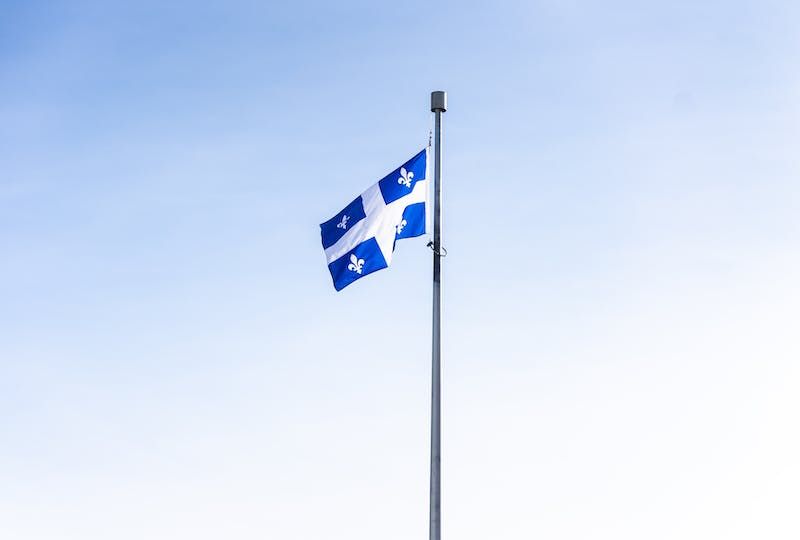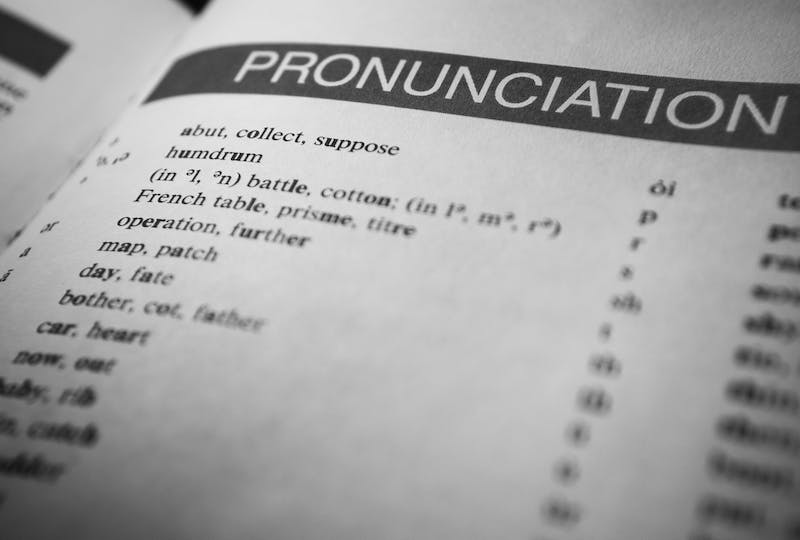Quebec vs France: 5 French Language Differences to Know

When it comes to learning French, there's nothing more frustrating than discovering that there are differences in the language depending on where you go. Many first time language learners (and even some experienced language learners) don't realize this will likely be the case, and they'll get nervous or annoyed when faced with regional differences.
As a French language learner, you'll encounter language differences wherever you go. Every French-speaking country has a unique way of speaking and if you don't know this in advance, it may confuse you. One of the most well-known situations of French language differences is with the French spoken in Quebec (Quebecois French) and the French spoken in France (standard French). While Quebecois French is still French, many new French learners will have a hard time understanding it if they've only been studying standard French. That doesn't mean it can't be understood, though.

Is the French Language Really All That Different?
Yes and no. Quebecois French does have quite a few differences when compared with the standard French, but it isn't for no good reason. When you look at the history of French in Canada, the evolution and linguistic differences do make sense.
When France gave up its Canadian colonies to Britain, the French-speaking region of Quebec became isolated. From the 18th century on, Quebec no longer had a steady flow of French settlers or a direct connection to France. This means that while French evolved one way in France, it evolved in a totally different way in Quebec. Furthermore, as Canada was surrounded by English-speaking communities, English had a much more direct influence on the language's evolution.
The history of French in Canada spans a couple of centuries, so I won't get into it now. However, knowing a bit about it can help you understand why there are so many differences between Quebecois French and standard French (ie. accent, idioms, vocabulary, and mannerisms). Fortunately, these differences aren't so drastic that you won't be able to understand one version of French if you speak the other.
Understanding French if You Encounter a Linguistic Difference
When you're learning a language, there will always be words you don't know or phrases you don't understand. While linguistic differences can increase the likelihood of these scenarios, they don't mean you can't understand the language at all.
If you don't understand something that someone says, it may be due to linguistic differences or it may just be because you don't have a complete vocabulary. Either way, simply ask the person you're speaking with to explain what they mean and not only will you learn something new, but you won't be left in the dark or confused!

5 Linguistic Differences and Tendencies in Quebec French
As a French learner, there are a lot of things to remember and keep in mind. The last thing you want is to worry about regional language differences. Fortunately, they aren't too hard to keep track of and if you're serious about learning French, you'll eventually need to be able to navigate these differences anyway.
To help you get started, here are five linguistic tendencies in Quebecois French that differ from standard French.
#1. The Quebecois Tu
The Quebecois tu is unique for a handful of reasons. Don't worry: They aren't difficult or impossible to remember. Just a bit strange for language learners who are used to standard French.
First, Quebecois French uses tu much more frequently than standard French. In France, you only use tu with people you know well or in an informal setting. In Quebec, you use tu in almost every non-business situation: Ordering at a bar, speaking with a cashier, and even when talking to strangers!
Second, Quebecois French tends to tie on tu at the end of a question, such as: Tu m'écoutes-tu? (Are you listening to me?) In standard French, the question would look like this: Tu m'écoutes? The second tu isn't used. In Quebec, however, you'll both hear and see this second tu whenever someone asks a question.
For a more about the Quebecois tu, here's a YouTube video that explains its well. It's in French so you can practice your French listening comprehension, but has both French and English subtitles.
#2. The English Influence
Here's the thing: Quebec has both tried to erase and embrace English. Surrounded by English-speakers, it's impossible to eliminate the chances of English impacting the language, but Quebecois French seems to have a hard time deciding if English should be allowed to influence the language or not.
Here are some situations where Quebecois has removed English influence while standard French has allowed it:
| English | Standard French | Quebecois French |
|---|---|---|
| Stop (on a stop sign) | Stop | Arrêt |
| un e-mail/un mail | un courriel | |
| Week-end | le week-end | la fin de semaine |
| Go shopping | faire du shopping | magasiner/faire du magasinage |
Conversely, Quebecois has adopted some English terms that standard French has not. Here are some examples:
- Je suis dans le rush: I'm in a rush.
- J'ai plugé mon cellulaire: I plugged in my phone.
- J'ai uploadé le document: I uploaded to document.
- J'ai un hangover: I have a hangover.

#3. French Pronunciation
I know. No French learner wants to hear that French pronunciation changes from one side of the Atlantic to the other, but it's true. Fortunately, these changes are predictable so you can prepare for them.
In Quebecois French, the t is pronounced more like ts and the d is pronouneced as dz. This would mean that the sentence Tu es canadien would sound like Tsu es canadzien even if it's spelled the same.
Another common (and important!) pronunciation difference is with the pronouns il and elle. Il is pronounced like y while elle is pronounced like a, like in il y a. Similarly, if you want to say je suis in Quebecois French, it would sound like chu.
Mastering your French pronunciation will really help you sound more fluent when speaking, but it isn't necessary to master every difference in pronunciation. Choose a region you like best and try to mimic their accent, whether it's a un accent québécois, un accent lyonnais, or un accent africain.
#4. It's On Nous
This is one difference many French learners will like! It almost feels like a cheat code for speaking French.
Although it isn't unheard of to use on in place of nous in standard French, it's much more common in Quebecois French. You'll almost never hear someone use nous in informal conversation in Quebec. This means that instead of trying to remembering how to conjugate everything for nous, you can use the exact same conjugation as you would for il or elle.
#5. Vocab Changes
Quebecois French does have some differences in vocabulary. Unfortunately for French learners, you'll just have to prepare yourself for this. Idioms, verbs, and even the slang used in France are different from what's used in Quebec.
Here's a good example you may want to keep in mind: In France, if you want to say "It's all good", you would say C'est bon. To say the same thing in Quebecois French, though, you would say C'est beau. Similarly, if you want to say "That's unfortunate", you would say C'est dommage in France but C'est de valeur in Quebec.
If you want to know more about vocabulary differences in Quebecois French, you can easily find lists of idioms, phrases, and words online. This will not only expand your French vocabulary, but also expose you to a new French culture and provide some more entertaining study material.

Crossing an Ocean of Regional French Differences
Now that you're aware of the biggest differences between the Quebecois French and standard French, you're ready to travel to both France and Quebec! If you really want to prepare, you may want to brush up on region-specific vocab as Quebecois French does have a few unique words that don't exist in France, but you're otherwise ready for the culture shock of France versus Quebec.
And don't worry: No matter where you go, the linguistic differences in French aren't so different that you can't understand or be understood!
